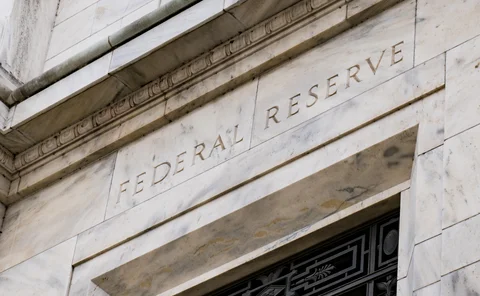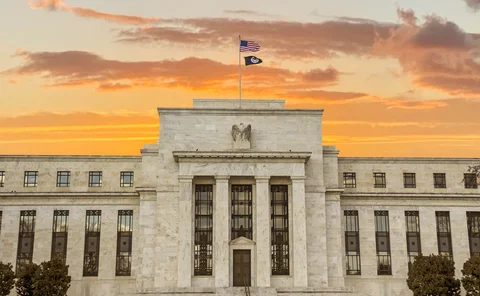CCAR
WHAT IS THIS? The Comprehensive Capital Analysis and Review (CCAR) is a stress test carried out by the US Federal Reserve. It aims to establish whether the largest banks have enough capital to cope with a severe economic shock, and vets their risk modelling practices. CCAR was initially devised as a stand-alone stress test regime but in 2020 the Fed merged it into the wider DFAST stress test.
DFAST fashion: emerging trends from 12 years of US stress tests
The banks that breach buffers, the assets that perform best under stress, and other insights from Dodd-Frank Act stress-testing exercises
Fed’s proposed SCB tweak would free $20bn of capital at US banks
Averaging of stress test-based inputs over two years would reduce current add-ons by up to 60bp
Bowman won’t commit to stress-testing the tariff shock
Nominated Fed vice-chair stonewalls calls to run ad hoc scenario similar to 2020 Covid test
CCAR methodology may give first glimpse of Fed’s transparency drive
Industry calls for more details on global market shock and new private equity treatment
Fed’s NBFI scenario may be more use than CCAR – experts
Main severely adverse scenario does not capture contagion risks from any squeeze on non-banks
Looming US Basel endgame redraft sparks calls to save IRB
Experts say 20 years of data makes credit risk models more appropriate than standardised approach
What Goldman’s appeal victory means for Fed stress tests
Decision could embolden more banks to appeal, analysts say. But others believe result is one-off
Why was Archegos worse than the Fed’s five-fund stress test?
Some believe Credit Suisse was an outlier, but others say the CCAR results underestimated risks
Fed urged to introduce annual high-rate stress tests
Results of debut scenario were reassuring, but regulators cannot lower their guard
US large bank CRE risks could be understated, say researchers
Community banks have the most direct exposure, but systemic banks extend more credit to REITs
Did Fed’s stress capital buffer blunt CCAR?
Experts fear flagship test’s use as a capital top-up has undermined its role in risk management
The American way: a stress-test substitute for Basel’s IRRBB?
Bankers divided over new CCAR scenario designed to bridge supervisory gap exposed by SVB failure
Fed unveils hyper-Archegos test to reveal bank blow-up risks
CCAR for 2024 includes analysis of simultaneous defaults of five largest hedge fund clients
Will generative AI crack the code for bank tech teams?
Banks could roll out tools to help translate old – or write new – code within months
Do all roads lead to multi-scenario Fed stress tests?
This year’s CCAR faced criticism for underweighting the risk of higher-for-longer inflation
JP Morgan on course to escape Collins floor
Gap between standardised and modelled RWAs at its smallest since 2016
Kneejerk regulatory reaction to SVB risks lending squeeze
Risk manager at regional bank says any Dodd-Frank 2.0 would be ‘fighting the last war’
US credit risk modellers prepare for life after IRB
Stress tests and economic capital calculations may not carry the same weight as Basel ratio
EBA eyes top-down stress test for credit risk
European version of CCAR is off the table, but more projections are likely to be modelled by regulator
Quiet man: is Michael Barr the Clark Kent of regulation?
A decade after crafting Dodd-Frank, Fed’s new vice-chair must tame DC's warring regulatory factions
Fed ‘tailoring’ led to larger, less capitalised regional US banks
Lenders freed from toughest requirements in 2018 grew balance sheets but saw capital ratios slip






















